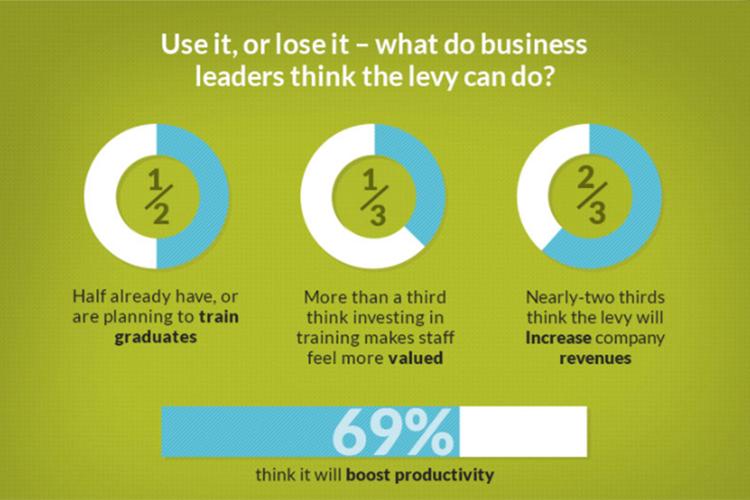New apprenticeship schemes catapulting us into the future

Study of emerging apprenticeships finds a demand for digital talent and soft skills in a variety of industries.
Apprenticeship schemes are booming across a variety of sectors including space exploration, robotics and automation, new research suggests.
The study of 15 apprenticeships in emerging sectors, carried out by specialist recruitment company, Pareto Law, reveals a need for both soft skills and digital prowess in these emerging industries, and highlights the demand for further technological advancement across banking, telecommunications and science, among other sectors.
Apprenticeships included in the study range from Space Technician to Software Developer, with companies such as SpaceX and smart city architects Arm, as well as more traditional financial corporations such as PwC, GSK and Barclays – all offering apprenticeships with competitive salaries in an earn-as-you learn setting, often paying more than you’d expect.
When it comes to job requirements, the majority of apprenticeships analysed in the study want applicants to possess soft skills in addition to technical prowess.
Automation specialist KUKA’s electronics technician apprenticeship wants individuals that show commitment and have teamwork skills, while the system build engineer apprenticeship with ICS Robotics requires individuals to be both confident and act as a team player.
Other qualifications like technical sales apprenticeships include teaching modules on both technical proficiency and soft skills – a combination of which will be integral to the future of apprenticeships at all levels.
Apprenticeships included in the study range from one to four years in duration with successful delegates at apprenticeship levels 6 and 7 achieving qualifications equivalent to degrees.
The PwC apprenticeship analysed in the study delivers the equivalent of a Bachelor’s degree at the end of the four-year course. In fact, degree-level apprenticeships are proving most popular – and with a 36.7% increase in higher level apprenticeship participation[1] between 2016 and 2017, the research echoes a move to towards more advanced apprenticeships.
When it came to starting salaries the highest is Vodafone’s Data Analyst Apprenticeship at £21,500 and ICS is offering £175 per week for school leavers looking to develop a career in robot automation, although many of the companies didn’t publish exact figures. This indicates a move towards more high-value apprenticeships.
With Gen Z entering the workforce in droves, there has been a clear trend towards flexible roles which appeal to them and include a mixture of classroom and online learning. Further research by Pareto Law found that 70% of Gen Z said that on the job training and learning is the most important workplace aspect to them.
With the fourth industrial revolution on the horizon, the need to develop a new workforce with the right blend of technical, digital and soft skills including interpersonal skills and customer service skills has never been more important.
Jonathan Fitchew, CEO and founder of Pareto Law, commented on the study:
“Our research shows the rapid growth rate of technical and digital fields and the need to remedy skill shortages in these fast-growing sectors. Interestingly, Gen Z – a core demographic for apprenticeships, are the first real digital natives, and well positioned to plug the gap. It’s evident that the workforce of tomorrow needs a unique blend of technical, commercial and social skills to succeed. Apprenticeship innovation needs to acknowledge the evolving requirements of the workforce and adapt opportunities to unleash the potential of a new generation and the rapidly changing market they’ll be entering
Offering higher education qualifications means young people can look to these to progress in their chosen fields, often with the promise of a guaranteed job at the end. But while businesses appear to be investing in technological advancements, the need for a workforce proficient in soft skills remains.”











Responses